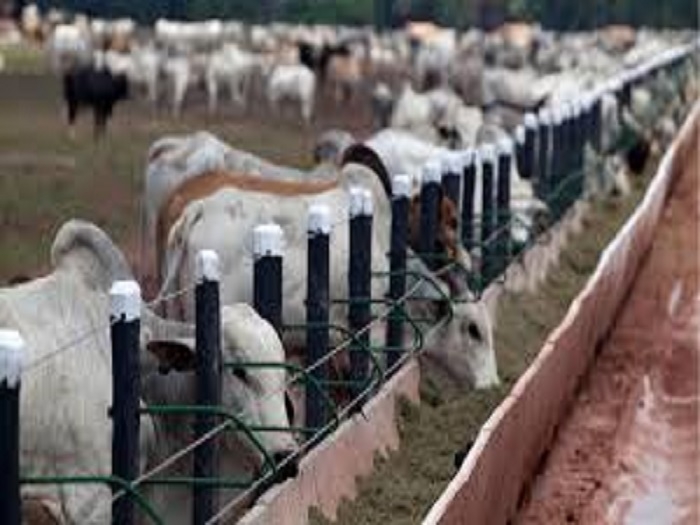Non-veg consumers posing existential threat to biodiversity, warns WWF

London, Oct 10: Non-vegetarian diet consumption is destroying world’s valuable and vulnerable regions, as vast amount of land is needed to produce animal food, according to a report.
The Independent quoting from the WWF report said that the world is consuming more animal protein than it requires and this is having a devastating effect on the wildlife.
The new report titled “Appetite for Destruction” launched at the Extinction and Livestock Conference, said that the consumption of animal products is leading to a vast and increasing amount of land being used for crops.
This is threatening areas of the Amazon, Congo Basin and the Himalayas where water and land resources are already under significant pressure, the report said.
According to the WWF 60 percent of the biodiversity loss is caused by excessive consumption of animal product and the food industry in the United Kingdom is directly linked to the extinction of an estimated 33 species.
Excessive animal product consumption is responsible for 60 per cent of all biodiversity loss, according to WWF, with the UK food industry alone directly linked to the extinction of an estimated 33 species.
“The world is consuming more animal protein than it needs and this is having a devastating effect on wildlife,” Duncan Williamson, WWF food policy manager said in a statement.
“A staggering 60 per cent of global biodiversity loss is down to the food we eat. We know a lot of people are aware that a meat-based diet has an impact on water and land, as well as causing greenhouse gas emissions, but few know the biggest issue of all comes from the crop-based feed the animals eat.”
Soy is produced in such large quantities that in 2010, the British livestock industry needed an area the size of Yorkshire to produce soy used for animal feed, the report said. To keep up with rising meat consumption, soy production is expected to rise 80 per cent by 2050.
Dietary guidelines recommend 45 to 55g of protein per day, yet the average person in the UK consumes between 64 and 88g, of which 37 per cent is meat-based.
If everyone on the planet reduced their animal product consumption to meet nutritional requirements, the total agricultural land required would decline by 13 per cent, resulting in nearly 650 million hectares being saved from agricultural production
The meat we eat has become less nutritious, the charity warned, since intensive animal farming has been linked to declining healthy omega-3 content of animal products and a rise in unhealthy saturated fat.
The report claimed you would have to eat six intensively reared chickens today to gain the same amount of the healthy omega-3 fatty acid found in just one chicken in the 1970s.
Williamson added: “For people and nature to thrive we need to consume and produce food differently. Eating less animal protein would allow us to farm in a more sustainable way, with less impact on the environment and healthier and more nutritious food.”